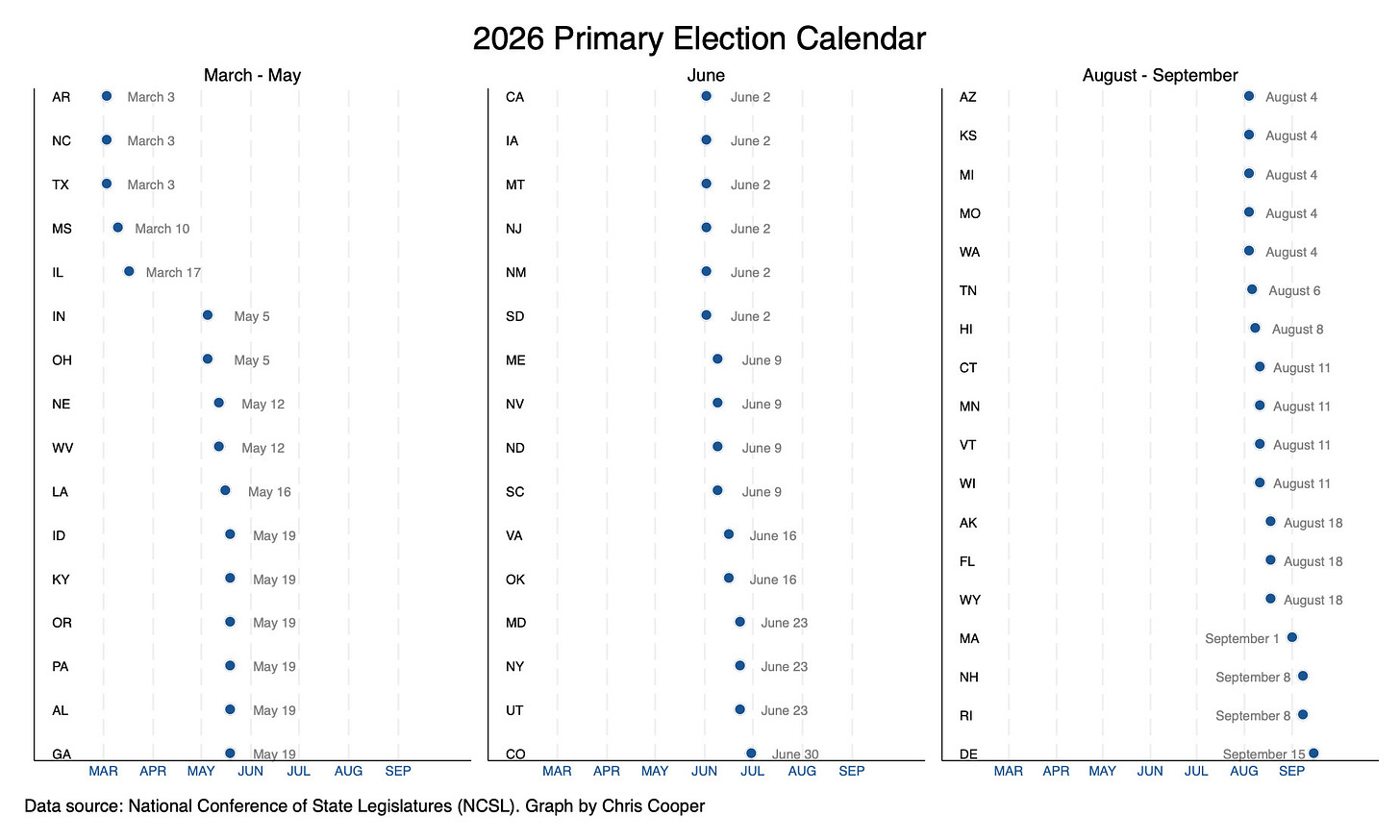by Christopher Cooper
Over the last few weeks, two internal polls have made news in North Carolina politics. The first purported to show President Pro-Tempore of the North Carolina Senate, Phil Berger down by ten percentage points to Rockingham County Sheriff Sam Page in the Republican primary for Senate District 26. The second (released today) showed Democrat Jamie Ager up one percentage point against Republican Chuck Edwards in the General Election for North Carolina's 11th congressional district
Please ignore those internal polls. Please also ignore the ones that will inevitably come from their opponents that offer a different look.
Regardless of whether those results reinforce or challenge your preferred outcome, they are not giving you reliable information, nor is that their goal. Their release is intended to help their candidate. I don’t blame the candidates or their campaigns for releasing these polls. It’s smart politics.
And, if you follow elections solely as a window into palace intrigue, or as a way to reinforce what you want to be true then, by all means, have at them. But, if you follow politics and elections news to get a better understanding of how we are governed, then paying attention to internal polls will do you more harm than good.
I wrote about this back in 2022 when an incumbent member of Congress named Madison Cawthorn released an internal poll showing him with a commanding lead in the Republican primary—the very same primary he ultimately lost.
Rather than re-hashing all of this again with new examples, I'll point you to the 2022 post on this blog. The names may have changed, but rationale remains.
-----
Dr. Christopher Cooper is the Madison Distinguished Professor of Political Science and Public Affairs and Director of the Haire Institute for Public Policy at Western Carolina University


